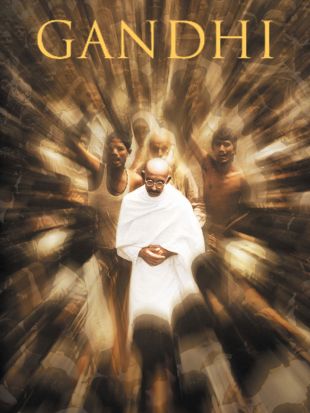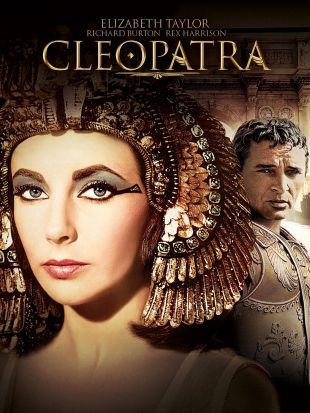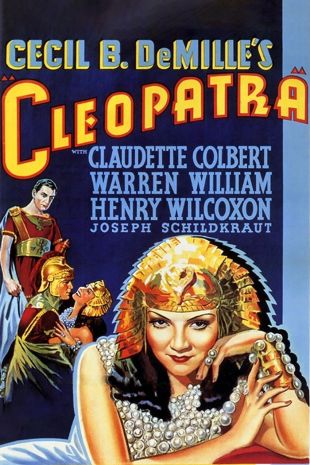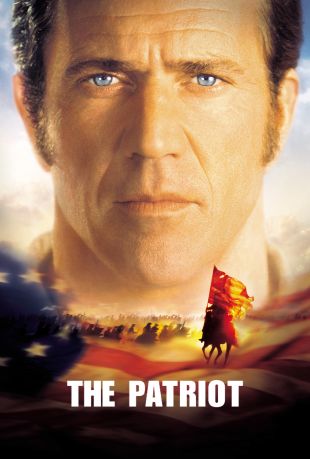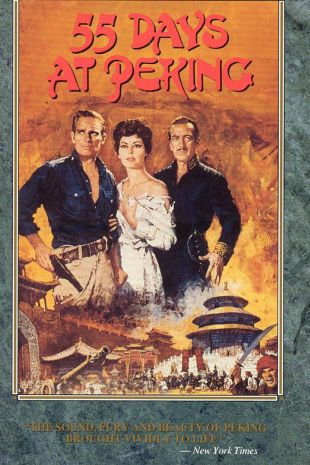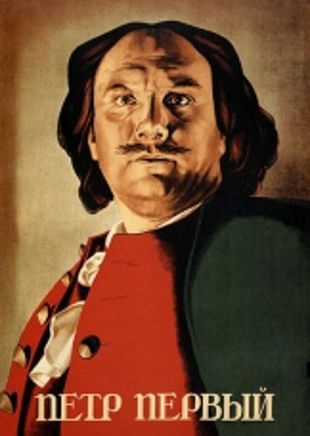Mera Spored Mera (1981)
Directed by Georgi Djulgerov
Genres - Drama |
Sub-Genres - Historical Epic |
Run Time - 300 min. |
Countries - Bulgaria |
MPAA Rating - NR
Share on
Synopsis by Eleanor Mannikka
Mera Spored Mera is exactly five hours long, divided into three parts for a little breather between "acts." This epic production was created as a part of the 1981 celebration of 1300 years of Bulgarian statehood - about 260 years per hour if the director, Georgi Dyulgerov had been interested in the greater picture. Fortunately, he was not and instead, the film covers the modern history of Bulgaria's fight for full independence. Part I deals with the years between 1878 and 1903, as a growing militance first leads to the liberation of most of Bulgaria from the Ottoman Turks (1878), and then to a fight to free the western segment of the nation as well (1903). Part II (1903-1906) covers the early battles for this western segment, and Part III (1906-1912), full liberation from the Turks. With a view to presenting this story in dramatic, human terms, Dyulgerov has chosen to focus on one character above all others, a young shepherd who undergoes a transformation that is in step with the times around him, and embodies all of the ideals, problems, and sorrows of this war for independence. The shepherd is a Macedonian, and the western segment of Bulgaria that was still under Turkish control after 1878 is, in fact, a part of a greater Macedonia that came to be divided between Greece, Yugoslavia, and eventually, Bulgaria - still a problem today. In the early 19th century, the hero Dilber Tanas (Roussi Chanev) is an ignorant shepherd who like everyone else around him, has no real view of the larger, revolutionary issues on the ascendence. When a bandit leader decides that it is time for the men in the area to marry, Dilber suddenly finds himself about to be wed when someone shoves a rifle into his hands and he becomes so undone that he accidentally shoots the marrying orthodox priest. This, of course, lands him stiff punishment - he is thrown into a quarry where after fervent prayers for his salvation, he gets out - a new man, and a revolutionary. Like it or not, he is caught up in the fighting against the Turks, sparked by the uprising at Ilinden on August 2, 1903. In Part II, Dilbert and his compatriots are facing extinction as the Ottoman Turks burn and pillage, killing everyone in their path. Fate in the form of Kemal Ataturk (future president of Turkey) ends this situation when he revolts against the Turkish government and enlists the aid of the Turkish army in Macedonia - and some Macedonians - in his fight. In Part III, the subsequent changes put Dilbert into the newly-formed government of Macedonia, completely turning the tables on him. His former fellow soldiers are out to kill him as they consider him allied with the Turkish enemy. Facing death as a real prospect, he is saved by the faith of his wife - and at the same time - parallel to this, his second salvation - Macedonia attains full liberation from Turkish control.
Characteristics
Keywords
history, independence
